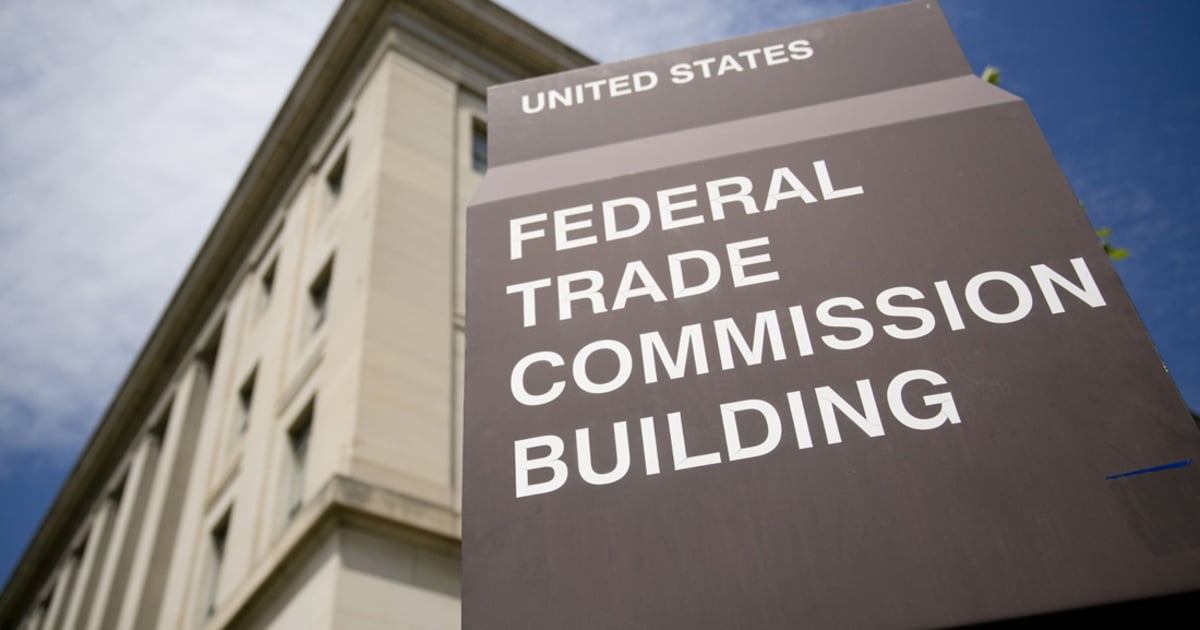
WASHINGTON — Automakers and suppliers are pressing the Federal Trade Commission for “prompt enforcement” of a law taking effect this month that could play a key role in preventing counterfeit automotive parts from being sold online.
In a letter sent Tuesday to FTC Chair Lina Khan, the Alliance for Automotive Innovation, MEMA and the Automotive Anti-Counterfeiting Council said significant investments and innovations directed at improving vehicle safety in the U.S. are being thwarted by the use of counterfeit auto parts being sold to consumers through third-party marketplaces.
The groups want the commission to take immediate action when the Integrity, Notification and Fairness in Online Retail Marketplaces for Consumers Act takes effect June 27.
Congress passed the law known as the INFORM Consumers Act last year as part of the omnibus spending bill. It requires online marketplaces that sell new or unused consumer products to collect, verify and disclose information about their high-volume third-party sellers and creates a way for consumers to report suspicious conduct.
Civil penalties of $50,120 per violation are possible, according to the FTC.
Auto parts that are frequently counterfeited and can affect vehicle operations, performance and emissions include airbags, brake pads, wheels, fuel injectors and oil filters.
In its review of counterfeit seller data provided by one established online marketplace, the Automotive Anti-Counterfeiting Council — whose members include Ford Motor Co., General Motors, Hyundai, Toyota and Volkswagen — found that 76 percent of foreign seller addresses were completely or partially unverifiable.
In the letter, the groups pointed to the example of a Tennessee man indicted and arrested on suspicion of importing counterfeit airbag parts from China, assembling them and selling them on eBay to unsuspecting auto repair shops and customers. The charges were announced in May.
A 2019 incident involved a California man sentenced to six months in federal prison for importing counterfeit airbag covers from China and selling them online.
“Far too many criminals are slipping through the cracks of these leading online marketplaces where unsuspecting consumers are shopping,” the groups wrote in the letter.
“Our associations welcome the commission’s leadership in implementing the act and ensuring that online marketplaces strengthen their efforts to vet third-party sellers, their suppliers and their products to provide greater transparency for consumers and to reduce the consumer harm associated with counterfeit products,” they wrote.
An FTC spokesperson did not immediately respond to a request for comment.

